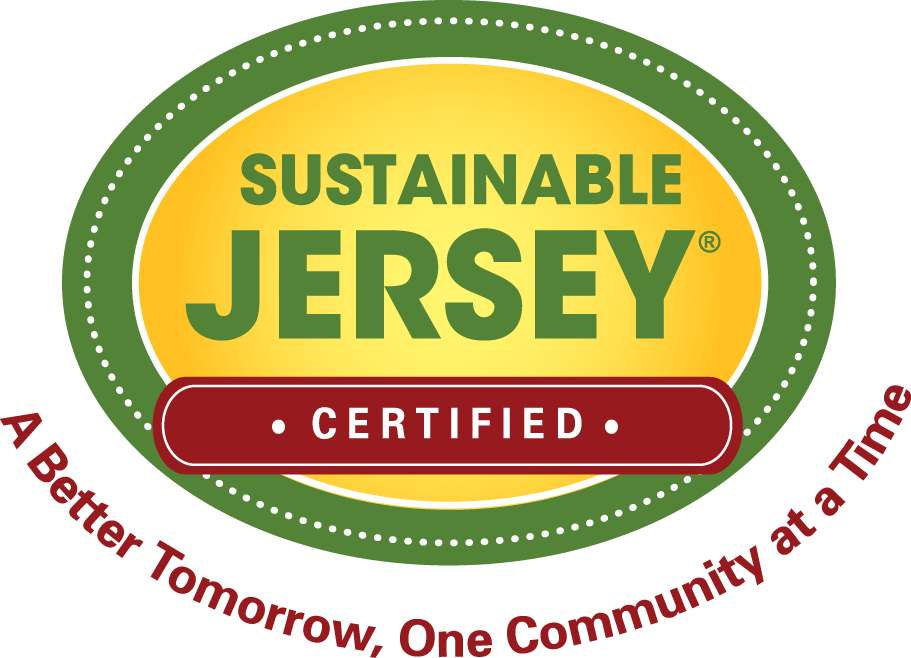New authoritative guide released to assist municipalities in conducting climate vulnerability assessments
on Oct 30, 2023
New Jersey Future and Sustainable Jersey are proud to announce the release of a brand new, first of its kind climate vulnerability assessment practitioner’s guide. The guide is aimed at assisting New Jersey’s elected and appointed officials and community leaders with efforts to assess and address impacts of climate change throughout all systems that sustain their communities. The Climate Change-Related Hazard Vulnerability Assessment (CCRHVA) Guide is now available online for municipal leaders and planners to bring their municipalities in compliance with the New Jersey Municipal Land Use Law (MLUL) and prepare their communities for climate change.
While Superstorm Sandy wreaked havoc across the region already 11 years ago, the subsequent years have demonstrated the persistent vulnerability of New Jersey communities to major storms, droughts, and extreme weather events, including an increased frequency and severity of “unnamed” storms. This past summer, New Jersey witnessed historic rains, with mudslides and intense flooding as a result, as well as the effects of far-reaching wildfires on our air quality. Together these events show that climate change is not around the corner, but already impacting our communities. As such, the CCRHVA is designed to assist municipalities in identifying climate hazards and planning for their impacts on public health, built and natural infrastructure, and economies.
“Climate change poses a real and present danger to our communities. Understanding the risks and engaging in an inclusive and systematic planning process is one of the single best investments a municipality can make to adapt to our changing climate. Our hope is that all towns will use the CCRHVA guidance to engage professionals and community members in a planning process that will illuminate and prioritize key risks and help point toward a set of short- and long-term solutions for addressing those risks.” said Tanya Rohrbach, Community Planning Manager at New Jersey Future and lead author of the guide.
“Developing a comprehensive and meaningful vulnerability assessment is the first step toward understanding a community’s risk, which lays the foundation for developing practical solutions,” said Nick Angarone, New Jersey’s Chief Resilience Officer. “This guidance document will help communities develop a local climate change-related hazard vulnerability assessment that both meets the requirements of the Municipal Land Use Law and provides a strong foundation for municipalities to make the difficult decisions that will ultimately result in a more resilient New Jersey.”
This guide launches at a critical moment—while the NJ Municipal Land Use Law mandates that all NJ municipalities include a CCRHVA in the Land Use Plan Element of their municipal master plans, they have hitherto lacked a comprehensive guide through which to conduct a thorough evaluation of their community’s climate change risks and needs. The CCRHVA provides a step-by-step process for municipalities to address all provisions of the law, using an approach that centers community engagement and the reduction of risks for vulnerable populations, provides an achievable means of conducting a comprehensive assessment, assists communities in identifying climate-ready strategies, and builds local adaptive capacity.
“Recognizing that New Jersey municipalities need direction on responding and adapting to climate change, Sustainable Jersey was glad to partner on the development of the Guide To Local Climate Change Adaptation Planning,” said Anne Heasly, Program Manager, Policy and Planning for Sustainable Jersey. “We encourage our participating municipalities to explore and use the guidance as they plan for their future sustainability and resilience. Town planners can build upon Sustainable Jersey certification actions, identify relevant risks, engage stakeholders, and begin planning adaptation strategies – all while meeting the Municipal Land Use Law requirements.”
Over the course of the coming weeks and months, initial adopters of this guide are encouraged to report their findings and learnings within an initial pilot period, where New Jersey Future, Sustainable Jersey, and NJDEP will be eager to learn about the user experience and what additional resources and technical assistance can be provided to municipalities to better assist their implementation of this crucial guide. As CCRHVA methods and standards become established, the potential for funding and other resources will emerge as the state advances its goals to increase local climate resilience.
New Jersey Future, Sustainable Jersey, and NJDEP will present a panel at the upcoming annual League of Municipalities Conference, on November 16th, 2023. Their session, “Planning for Local Responses to Climate Change,” will instruct panel attendees, most of whom are elected and appointed municipal officials, on how to use the guidance found within the CCRHVA Guide.
- Media Releases
- Home Page News
